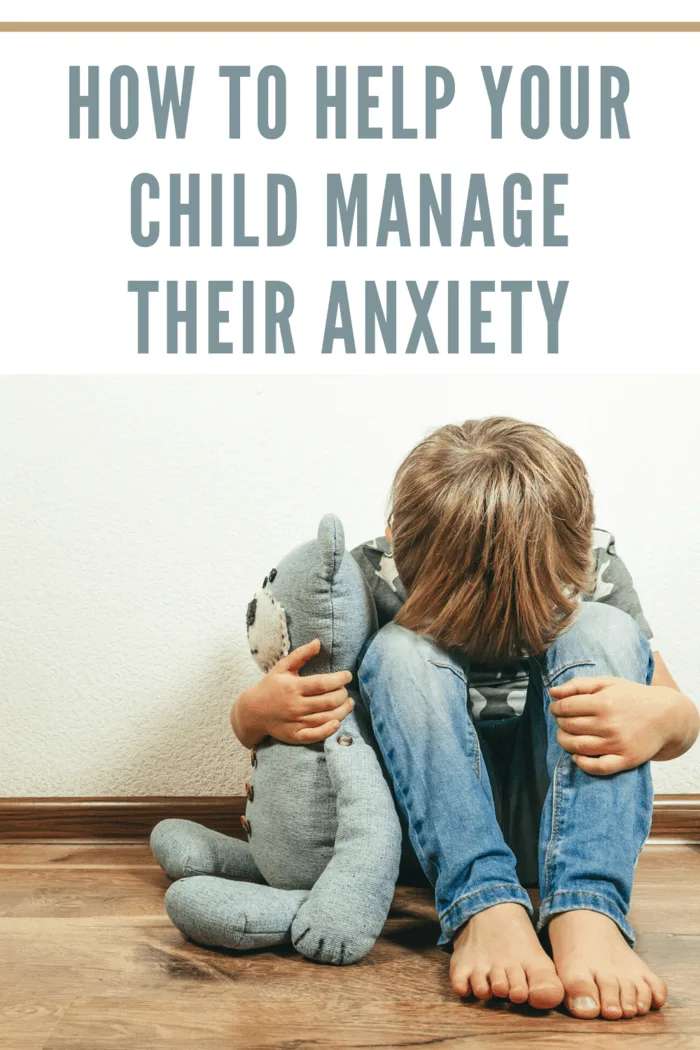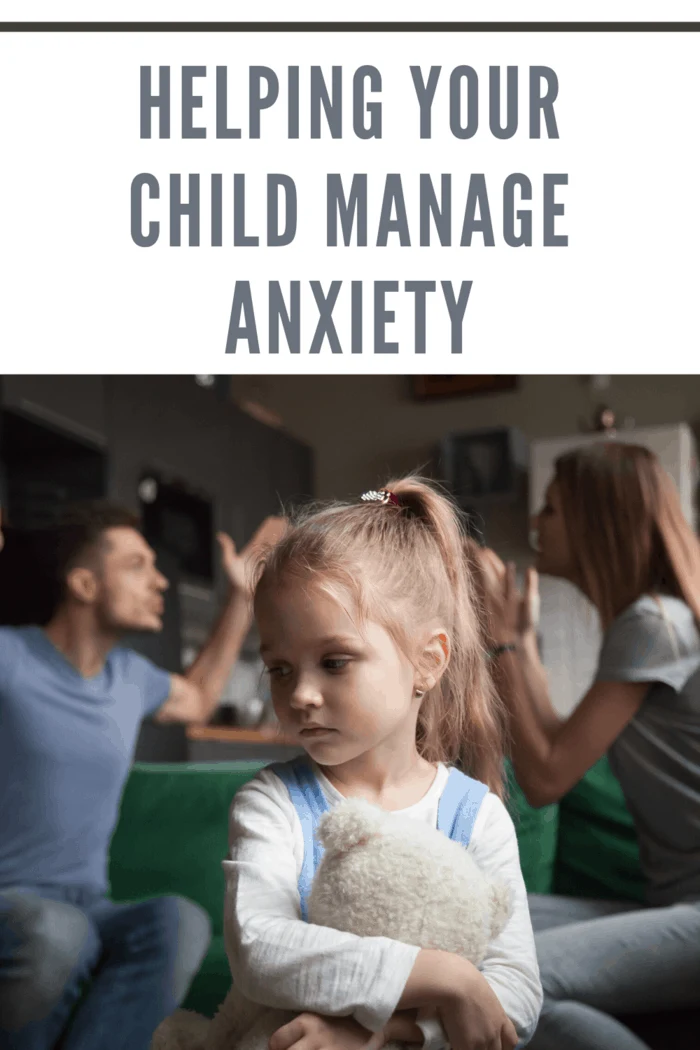How To Help Your Child Manage Their Anxiety
Anxiety makes the lives of many children challenging to navigate. It is one of the leading causes of deteriorating adolescent mental health.
In the case of most children, these worrisome feelings are short-lived.
But, for a small section, they linger on, especially when caregivers are not aware of the importance of mental health on an individual.
That is why understanding mental health is a must.
Children mostly experience a full-blown anxiety attack when common fears aggravate.
For example, if someone abruptly turns up the volume, a child with underlying mental health problems may get triggered and experience heightened anxiety.
According to research, 11 is the average age for the onset of most anxiety disorders.
While many factors contribute to childhood anxiety, the most predominant is genetic.
Here are some tips and strategies you can employ to help a child cope with anxiety and be their friend in time of need:

Set Manageable Expectations
It's crucial to give anxious children space and time to get used to things.
While other kids might be willing to go to a birthday party, anxious children might flat out refuse.
It's important to proceed at a slower pace and make the necessary accommodations so that such children don't feel rushed and overwhelmed.
As a tip, you can encourage them to attend small parties, with little noise and triggers and minimal need for supervision.
Places with nervous structures, like play areas in shopping malls and family buffets, might upset them and may not be an ideal setting for them to socialize.
Setting clear expectations charts a manageable roadmap for them to meet these expectations.
It also makes them confident in their ability to maneuver such situations again and even move to more complicated settings.
Don't Force Your Child To Relax
Telling your kid not to worry or "relax" is a rookie mistake; it does nothing to calm their nerves down.
On the contrary, it makes them feel more cornered and anxious.
Worry serves as an important function in a child's life.
Without a manageable amount of fear, children fail to identify the actual dangers that threaten them.
Give your children the room to vent their anger and frustrations every day.
You can also sit down with them and brainstorm solutions to curb their anxious thoughts.
If you don't have enough time to cater to their mental health, finding a psychologist that is best suited for their needs is something you should look into.
Practice Positive Reframing
A continuous cycle of anxiety makes a child feel helpless and lost.
When an anxiety attack rears its head, children experience a significant loss of confidence and resort to "I can't" and "What if.""
In such situations, anxious kids indulge in a variety of negative cognitive processes, such as overgeneralizing and black and white thinking.
Taking out some time to practice positive reframing helps your kid to navigate these thoughts safely.
Here's how you can use positive reframing with your child.
Ask them to name a worry that's upsetting them.
Ask what the worry thought is making or telling them to do.
Work with them to break down this thought, and make them see that it's not entirely true
Show them how they can use that worrisome thought and turn it into something positive
For example, child voices their concern that they don't like going to school because they think everyone hates them there.
Ask them, did something happen that made them think along these lines?
Did another student laugh or hint in other ways that they are unlikable?
Help them understand the truth of the situation.
Expand their thinking process.
Sit with them and tell them that if one kid laughed at them, it doesn't mean the whole class did.
They might still have a lot of friends who respect and want to be friends with them.
Build a Coping Kit
The most effective way of empowering a child and helping them work through their anxious thoughts is to arm them with coping skills.
One thing that's proven to be quite useful is a list of items and exercises specifically tailored to alleviate anxiety.
Some of them are:
Deep breaths
Progressive muscle relaxation
Stress ball
Journal your thoughts
Reframing and engaging with your thoughts
Getting help from a nearby adult

Take Care of Their Basic Health
Your anxious children shouldn't be forced to engage in every activity and attend every gathering, but they need to take things one at a time and focus on their basic health needs.
Here are some things you need to make sure they're getting daily.
Sleep
Healthy diet
Plenty of water
Downtime to decompress
Playdates
Daily exercise (seesaws, slow jogs in the park, playing with their pet dog, etc.)
Bottom line
Anxious children require additional help and care from their parents to help them walk through their anxious thoughts.
A responsible caregiver must practice positive reframing, build a coping kit, and ensure that their child is getting enough sleep and a balanced diet.
These strategies play a pivotal role in helping children return to mental normality.

Comments
Post a Comment